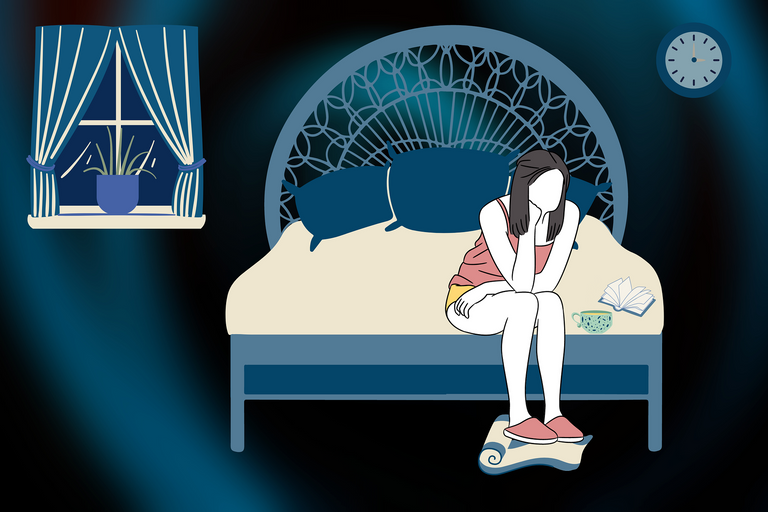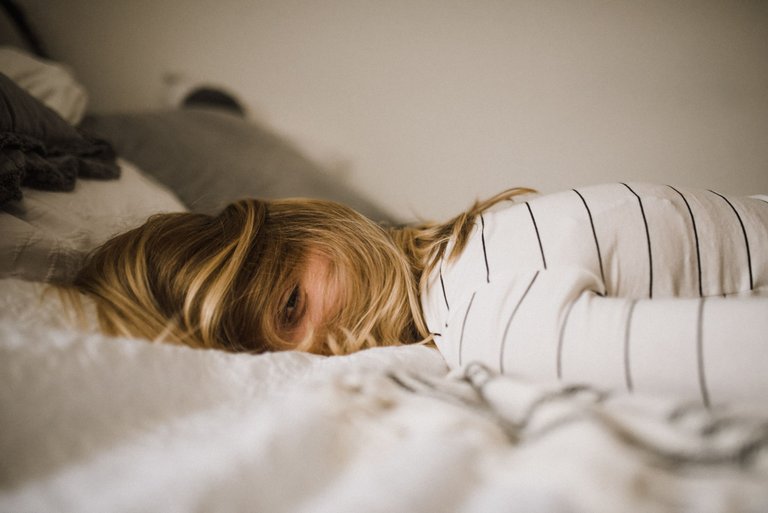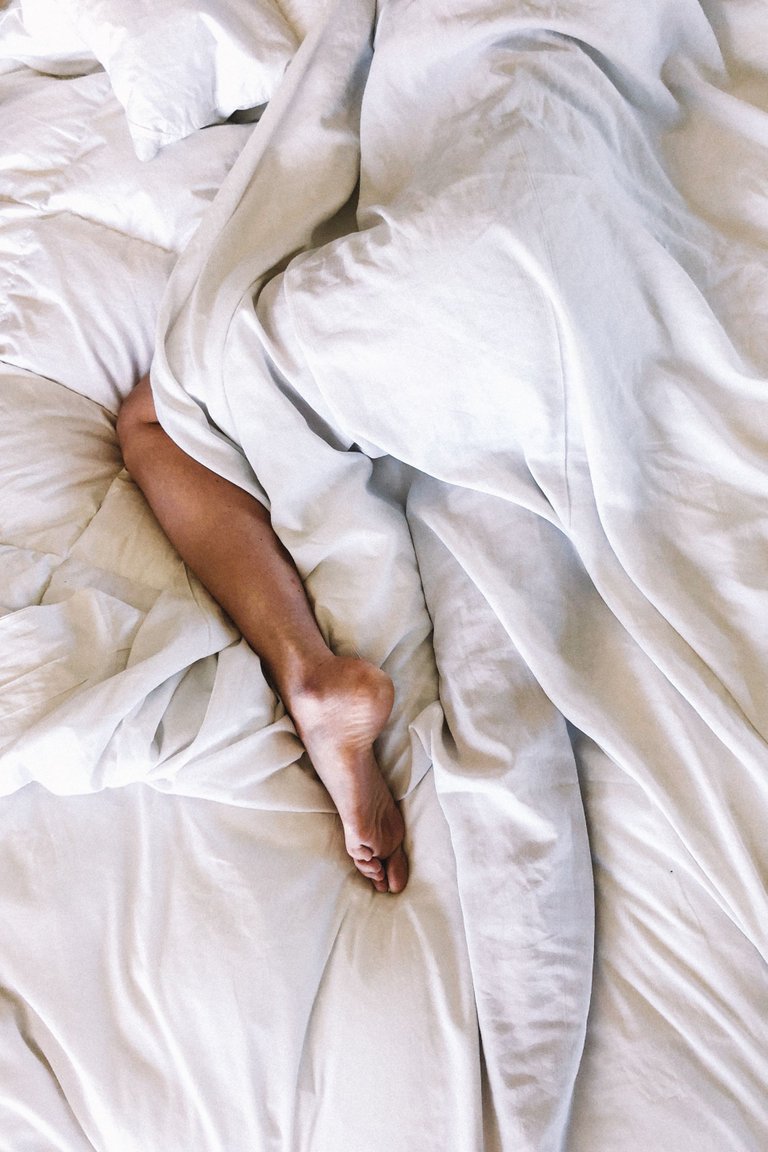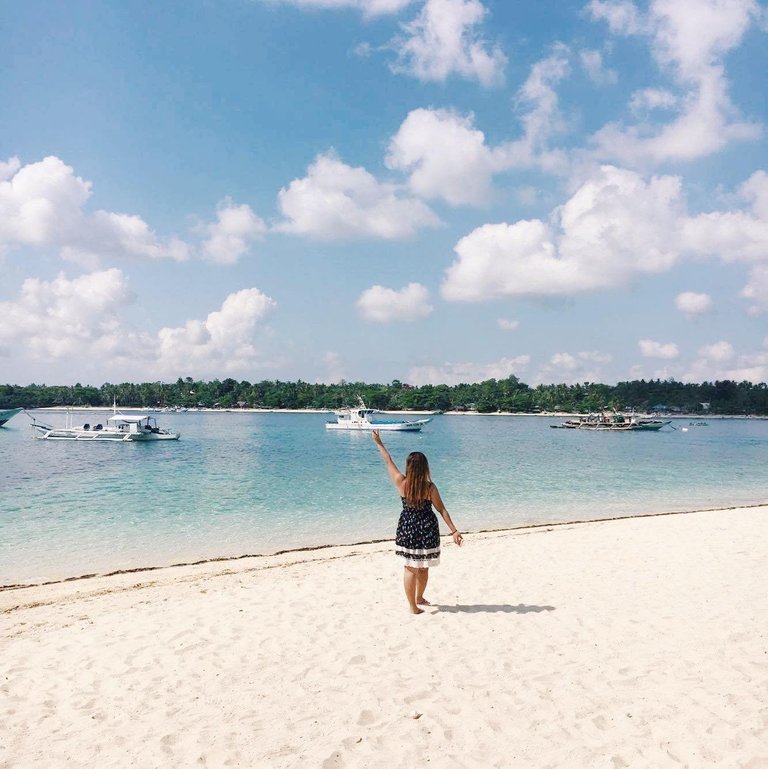Psychology Chronicles Series #32 : CORONASOMNIA | Sleep Disturbances And The COVID19 Pandemic

For me, it’s already a distant memory: a time where I was able to get in bed early, close my eyes, and drift off unbothered without anxiety of contracting Covid-19. Almost two years of social distancing have altered our daily routines. Some of us have lost our boundaries between work and home environment and brought uncertainty into our lives – with damaging consequences for sleep. It’s one that’s often concealed — A lot of us have no choice but to continue our daily hustles through our day no matter how worn out we are — its obviously wearing us down. Our over-all health and productivity could result to serious problems because of it. However scale of the problem isn't all bad news, this might even pave a way to help treat sleep disorders – and potentially get our lives back on track.
Sleep disruption has become one of the by-products brought by the pandemic.Lifestyle changes during the pandemic can affect our circadian rhythms—internally driven 24-hour cycles that help regulate the sleep-wake pattern as well as vital bodily functions.
The pandemic has altered many elements of everyday life including our sleep patterns. The 2019 coronavirus disease (COVID-19) has become a global health and economic predicament.A recent study reported a dramatic increase in internet searches for insomnia during the onset of COVID-19 in the spring of 2020. The number of related searches for insomnia has shoot up over the past decade and is greater than the number of search inquiries for other major sleep disorders. The COVID-19 pandemic climbed up the search figures for insomnia both worldwide and in the United States, with the number in the United States escalating by 58% during the first 5 months of 2020 compared with the same months from the previous 3 years. There is a strong daily pattern in insomnia internet searches in the United States, with the number of queries peaking around 3 am and the overall pattern remaining stable during the pandemic.The results of the study emphasised the influence the COVID-19 pandemic has had on sleep health and the compelling need for making effective actions and interventions accessible.
COVID-19 Pandemic Causing 'Coronasomnia'

Not only has the pandemic been a primary benefactor of Coronasomnia, but it has also created a new level of uncertainty for most individuals around the world. Mandatory quarantines, work from home set-ups, school closures with virtual learning and social distancing have profoundly affected our daily lives.
Moreover, the fact that we are missing out on our friends and our favourite pastimes which are both essential outlets for relieving our stress in life. Many of us are already experiencing mental health challenges, which can contribute into sleep problems, or vice versa. Our general sense of ambiguity and unpredictability can also feed into sleep problems, while the pandemic’s longevity is also a contributing variable; what started out as period to play around and rest at home surprisingly has become a new pattern for life that already feels semi-permanent.At first we thought its easy to feel motivated to get through the stress out of the global pandemic. But as it continues to happen presently, most individuals become less able to cope, creating greater problems, including insomnia.
Some sleep problems that some people are experiencing right now may have a great possibility of it becoming chronic and long lasting.Sadly, this crisis has hampered people to getting the right and urgent treatment in some cases; people have only looked for medical help in emergencies, while some healthcare facilities have become overwhelmed with increasing Covid-19 patients.
How To Fight Back From 'Coronasomnia'
"It’s relatively common for sleep problems like insomnia to suddenly escalate after big, negative world events like the COVI19 pandemic."

Sleep experts emphasised that creating a strong link between sleep and the bed is vital to our health. This would help in mind conditioning that the bed is the place for sleep and not the place to doing work related activities.
Exercise is also a great way that can help with our sleep drive, improving the quality of sleep we have. Exposing ourselves with sunlight, especially in the morning can help increasing our level of alertness and keep our sleep/wake rhythms on track.
Listening to relaxing or reading a book that's not overly invigorating,creating a calming and soothing before-sleep ritual, taking a bath or even doing mindfulness meditation can also help too. Do this night after night and you'll essentially train your brain for a good night sleep
However if the symptoms still persists it is important considering to seek the help of medical professionals- especially these days. If people don’t ask for help with these sleep problems it will start to affect their daily functioning. Creating a possibility of their sleep issues to become a sleep disorder, i.e., insomnia.There isn’t a quick treatment for it. It’s hard to break habits that have formed if this happens.
However,despite the life changes that was made to lessen the sleep difficulties. Cognitive behavioral therapy for insomnia, or CBT-I, is is referred to as the next treatment of choice. According to A University of Michigan study from January 2021 showed that patients who sought CBT-I via telemedicine received just as effective treatment as they would have had in person, potentially opening up better access to medical assistance.Cognitive behavioral therapy for insomnia is a multi-component treatment process that helps recognize and replace unwanted thoughts and behaviors that cause or worsen sleep issues with strategies that promote sound slumber.
Sleep is vital to both our mind and body to recharge, leaving us healthy and alert when we wake up. Without adequate amount of sleep, the brain cannot function properly. We all need it, especially under stressful times like this. So, if you are one of the many people experiencing problems with your sleep, there's light at the end of the tunnel.
We all need a good night's sleep, it was invisible before until we realized we actually need it.

References:
1.'Coronasomnia' – Another Byproduct of the Pandemic
2.How the Pandemic Has Impacted Care for Other Health Conditions
3.Coronasomnia: How the Pandemic May Be Affecting Your Sleep
4. How to Sleep Better During the Pandemic
5. COVID-19 pandemic causing 'coronasomnia', Oklahoma doctor says
6. The 'coronasomnia' phenomenon keeping you from getting sleep
Further Readings:
Zitting K-M, Lammers-van der Holst HM, Yuan RK, Wang W, Quan SF, Duffy JF. Google Trends reveals increases in internet searches for insomnia during the coronavirus disease 2019 (COVID-19) global pandemic. J Clin Sleep Med. 2021;17(2):177–184.
Arnedt JT, Conroy DA, Mooney A, Furgal A, Sen A, Eisenberg D. Telemedicine versus face-to-face delivery of cognitive behavioral therapy for insomnia: a randomized controlled noninferiority trial. Sleep. 2021 Jan 21;44(1):zsaa136. doi: 10.1093/sleep/zsaa136. PMID: 32658298.
Hwang, T. J., Rabheru, K., Peisah, C., Reichman, W., & Ikeda, M. (2020). Loneliness and social isolation during the COVID-19 pandemic. International psychogeriatrics, 32(10), 1217–1220.
Mandelkorn U, Genzer S, Choshen-Hillel S, et al. Escalation of sleep disturbances amid the COVID-19 pandemic: A cross-sectional international study. J Clin Sleep Med. 2021;17(1):45-53. doi:10.5664/jcsm.8800
Images:

I didn’t know coronasomnia was really a term. I am not surprised that the effects are there, but the fact that a new term has been introduced is kind of incredible, at least from my standpoint.
As I mentioned it last week (here) I was able to see (and I am still seeing, not later than earlier today) students entering a deep phase of depression due to COVID and the related boundary conditions. The fact that I am by no means a psychologist makes it hard to advise them correctly. However, we did the best as we could: redirecting the students to professionals and listening to them.
Thanks for the post by the way!
Hello my friend @lemouth. Yes it is already a term. It is incredible and yet unfortunate because the negative impact of pandemic has lead to it.
I also teach actually with younger students and believe me, the number of students who fell into depression had increased just in our school alone.
And in our suicide help desks as a grad student, the calls that we receive doubled during the pandemic.
As professionals and adults we are overwhelmed with stress and anxiety with this whole pandemic alone how much more with the younger generation? They are still navigating on their life choices and the uncertainty of the pandemic can add pressure to their already stressful decisions.
Thank you for dropping by!
Thanks for sharing your experience! :)
Thanks for your contribution to the STEMsocial community. Feel free to join us on discord to get to know the rest of us!
Please consider delegating to the @stemsocial account (80% of the curation rewards are returned).
Please consider including @stemsocial as a beneficiary to get a stronger support.
Thanks @stemsocial
Your content has been voted as a part of Encouragement program. Keep up the good work!
Use Ecency daily to boost your growth on platform!
Support Ecency
Vote for new Proposal
Delegate HP and earn more
Thank you @ecency :)
Congratulations @sakura1012! You have completed the following achievement on the Hive blockchain and have been rewarded with new badge(s):
Your next target is to reach 7000 upvotes.
You can view your badges on your board and compare yourself to others in the Ranking
If you no longer want to receive notifications, reply to this comment with the word
STOPCheck out the last post from @hivebuzz: